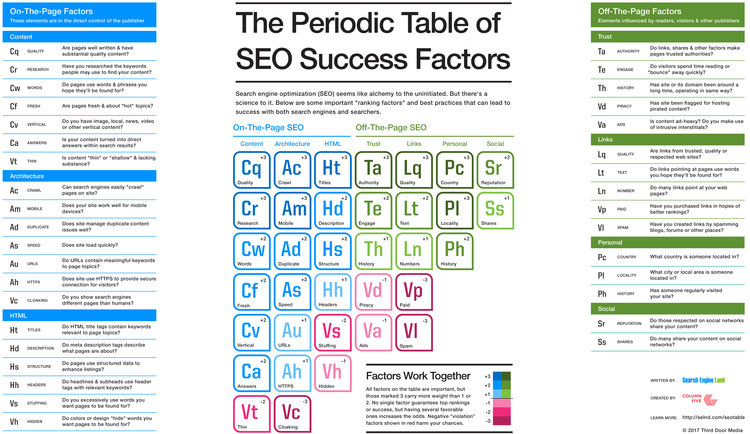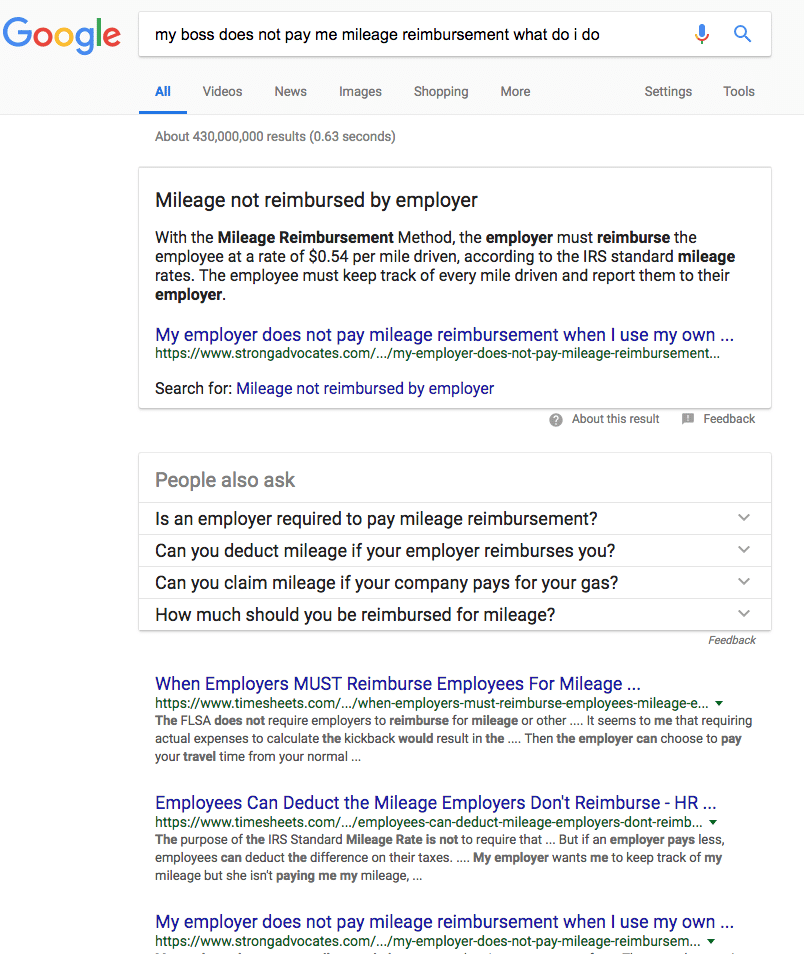Machine learning was first conceived in 1959 as a step towards artificial intelligence. Machine learning is the practice of giving algorithms enough data so that eventually they can solve problems on their own, without the help of a developer programming the solution into them.
Many tech companies today implement machine learning as a way to streamline efficiency and improve user experience. Once an algorithm is capable of figuring out processes on its own, companies could then divert attention to other avenues.
Google has confirmed that they have their own machine learning algorithm for their search engine, called RankBrain. RankBrain was integrated into Google’s search engine ranking algorithm, nicknamed Hummingbird, in October 2015.
What is machine learning in Search?
RankBrain is an algorithm Google applies to its search engine. RankBrain tries to process and evaluate search queries better, giving results that are higher quality and more relevant to the user’s intent. Google accommodates over a billion searches per day, so it already has a general idea of what people are looking for when they search. RankBrain tries to expand on that idea by giving users a more nuanced results page. For example, if you search “I was in an accident and need a lawyer that is willing to go to trial,” rather than just giving you listings for law firms that serve accidents, RankBrain will try to figure out your intent and supply you with lawyers that may specialize in car or motorcycle accidents and have litigation experience. The marvelous aspect of RankBrain and machine learning in general is that if the algorithm does not know the appropriate answer to a search query, it will do its best to rationally guess, with the help of trillions of previously received search queries.
RankBrain is not often used to determine the search results page; Google estimates it is used for about less than 15 percent of all its search queries. However, this does not mean Google undervalues RankBrain. In fact, Google has gone on the record to say RankBrain is the third most important factor in its search engine ranking algorithm. This algorithm has hundreds of factors it uses to determine search engine results. Two significant factors are your links and content. Google has not said which is more influential, other than the fact that these two are the most important, and that RankBrain is third.
How your law firm’s site can get the most out of RankBrain
Unfortunately, you cannot specifically optimize your website for RankBrain. However, because RankBrain is integrated into Google’s search algorithm, you can optimize your website for the search algorithm itself.
Try to create new or update old pages with current, relevant information. Up-to-date statistics on accidents in your market area or current list of likely injuries from an accident can give your website a boost.
You will also want to increase the domain authority of your website. Domain authority is a score that calculates how well your site will do in the search engine results page. Google use their version of domain authority, known as PageRank. Once Google privatized PageRank, other marketing analytic companies created their own versions.
There are numerous ways for you to increase your domain authority, most can be found on this infographic.

How to make your content get the most out of RankBrain
When writing your content in the current search landscape, context is key. What are users looking for? What will get users excited about? These are questions you must ask when creating your content. Writing content that will only appease the ranking parameters of the algorithm is not your best bet. With machine learning, the algorithm is now capable of discerning what is genuinely compelling content, versus content written specifically to rank well. Your content should be free-flowing, almost conversational, rather than robotic. Plugging keywords or phrases into your content for the sake of having it in there will hurt more than help.
Lastly, you should consider optimizing your content for voice search. Voice search is done through spoken queries, usually to virtual assistants like Siri, Alexa, OK Google. Voice search accuracy and machine learning go hand in hand. By 2020, it is expected that half of all searches will be done through voice search. This is why having content written in a conversational format is so important. Frequently asked question pages with an emphasis on informal, conversational titles will benefit from machine learning and voice search by being chosen as featured snippets. A featured snippet will allow you to bypass all the other listings straight to the top.

Dexter Tam is a Google Partner Certified SEM Specialist at Custom Legal Marketing.
